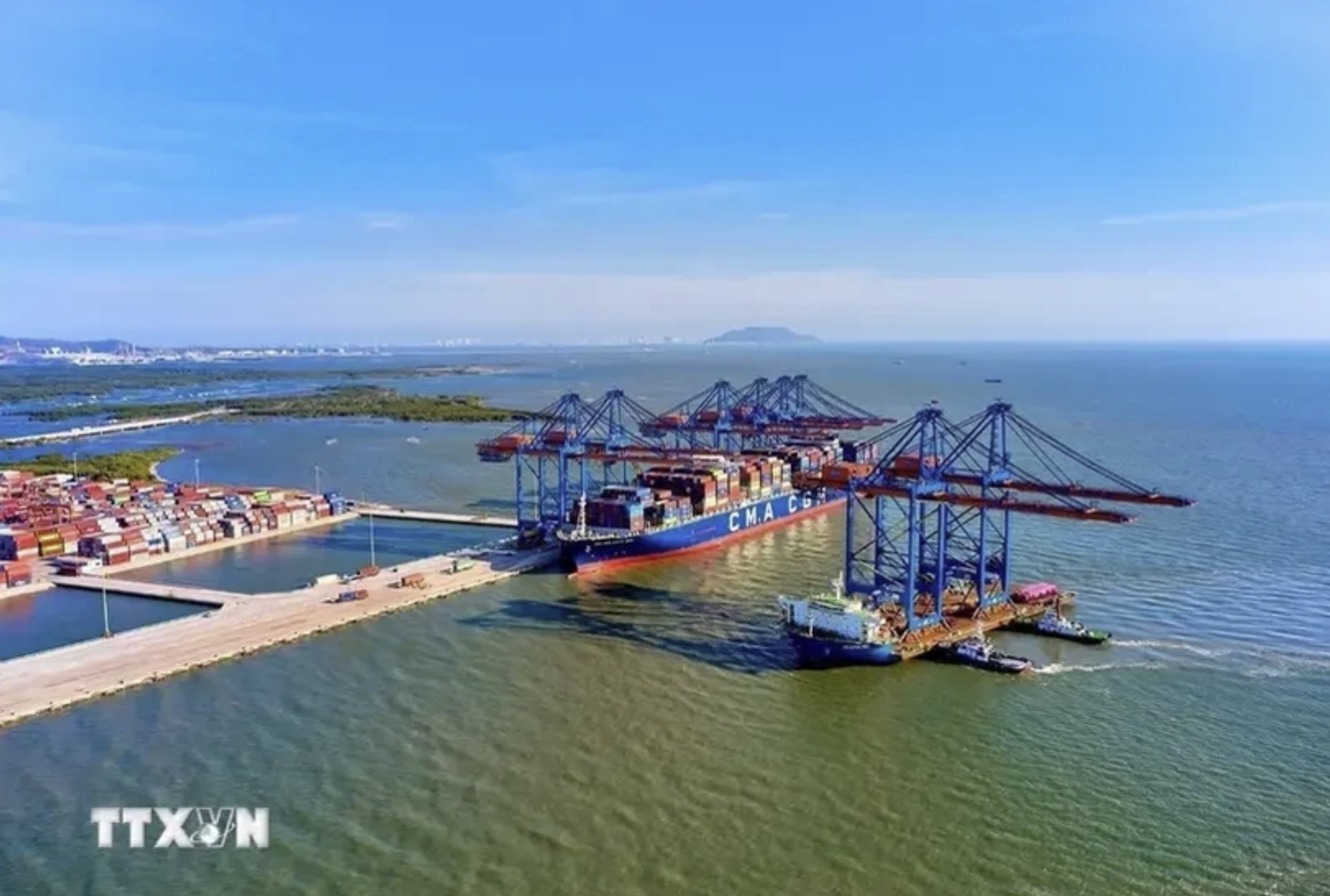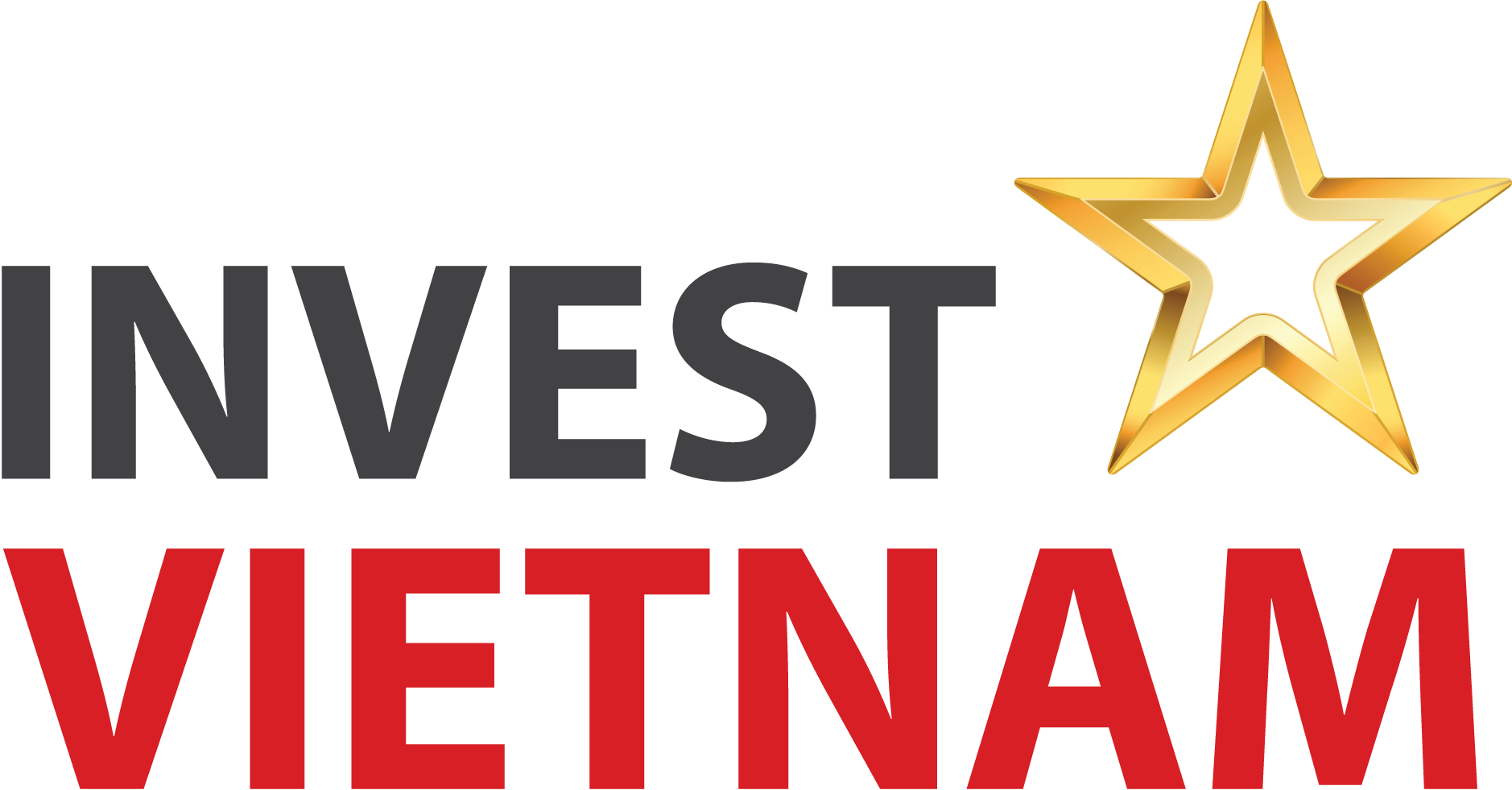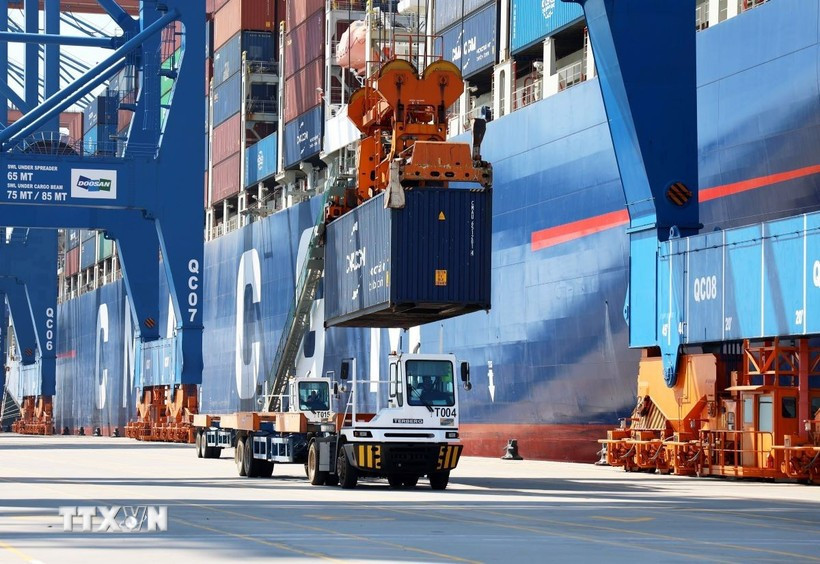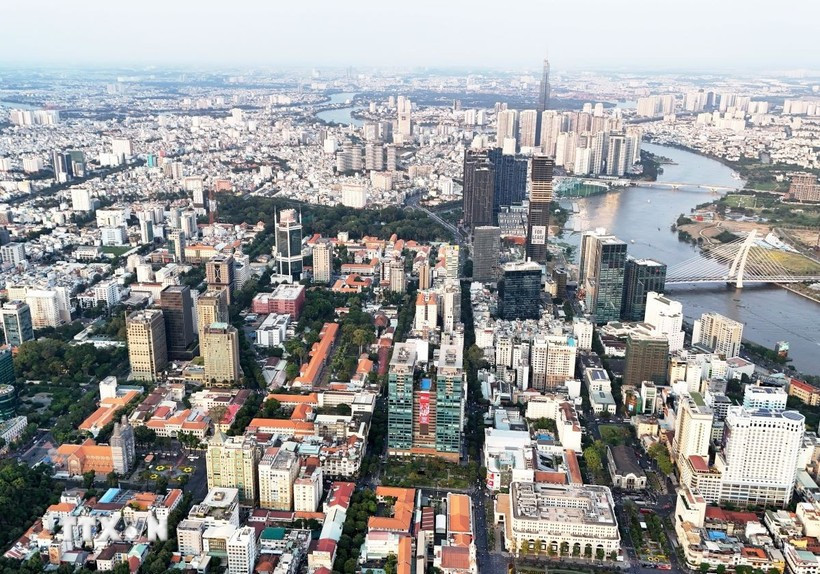Vietnam – rising star in Indo-Pacific: Canadian agency
The Export Development Canada (EDC) has publicised an article “Doing business in Vietnam: Catch this rising star in the Indo-Pacific” in which, its author - international trade writer Carol Fragiskos emphasised that strategic location makes it an ideal logistics and distribution hub.

In his writing, Fragiskos said that Vietnam is called the Land of the Ascending Dragon. While its unique geographical shape may have inspired the original nickname, these days, it could be referring to its rapid economic growth
Based on data from World Economics, in the last 10 years, its compound annual growth rate has been more than 8%. Last year, Vietnam’s gross domestic product (GDP) grew by more than 5%, with forecasts for this year and next, sitting at 6% and 7%, respectively.
"With numbers like these, it’s no wonder EDC chose Vietnam for our next representation in the Indo-Pacific," he wrote.
Scheduled to open in fall 2024, the in-market team will be led by Nathan Nelson, EDC’s first chief representative in Vietnam and innovation director for the Indo-Pacific.
In his new role, Nelson’s intention is clear: Double the amount of trade from Canada to Vietnam in the next five years.
According to the writing, Vietnam lies at the centre of the Indo-Pacific region. Located near major markets in Asia—with access to key global shipping routes—its strategic location makes it an ideal logistics and distribution hub. But it’s more than geography that makes this country a strong bet, Fragiskos emphasised.
He added that Vietnam’s middle-class growth is outpacing all others in the region. Though smaller than some of its neighbours, Vietnam’s population of close to 100 million is significant, especially considering that half are under the age of 30.
According to the International Labour Organisation, although minimum wages are rising, Vietnam’s labour costs are still lower than similar countries in the Indo-Pacific. As it shifts to higher-value industrial activities, it’s becoming an increasingly sought-after market for those with manufacturing interests.
The writer also stressed that politically stable, Vietnamese government is committed to economic reform and liberalisation. Its progressive foreign investment environment offers tax incentives and preferential rates in certain priority sectors and geographic areas. Perhaps more importantly, a transparent legal framework and predictable regulatory regime provide additional confidence for companies looking to do business in this market.
He added that Vietnam is investing heavily into infrastructure development. Committed to net zero by 2050, the country’s also looking to rapidly increase its renewable energy mix. Multiple nationwide projects are underway in green energy, waste management and sustainable urban development.
In addition, Vietnam has a healthy digital economy expected to reach 38 billion USD by 2025. Multiple sectors—including e-commerce, financial technology and artificial intelligence—have been boosted by initiatives that support innovation and entrepreneurship.
As a member of several bilateral and multilateral free trade agreements—including with China, India, the European Union and the Association of Southeast Asian Nations (ASEAN)—Vietnam is a country that’s wide open for business.
Canadian exporters have preferential access to this fast-growth market through the Comprehensive and Progressive Agreement for Trans-Pacific Partnership (CPTPP), which eliminates tariffs and reduces barriers for 98% of exports to member states.
Vietnam is Canada’s largest trading partner in the ASEAN, with bilateral trade in goods totalling 14 billion CAD (10.2 billion USD) in 2023.
However, that trade is one-sided, with Canada’s exports to Vietnam under 1 billion CAD.
Nelson said as quoted in the writing that after a lot of market analysis, EDC can confidently say that Vietnam has something for everyone. It’s the new star in the Indo-Pacific, especially for companies looking to diversify beyond China.
Nelson also said that now is important time for Vietnam. The country has been investing heavily in infrastructure development and is already an incredible manufacturing hub. For those reasons, he’s focused on identifying which advanced manufacturing and infrastructure projects mesh closest with Canadian capabilities, so he can foster connections and build capacity./.
Source: VNA
Original link







